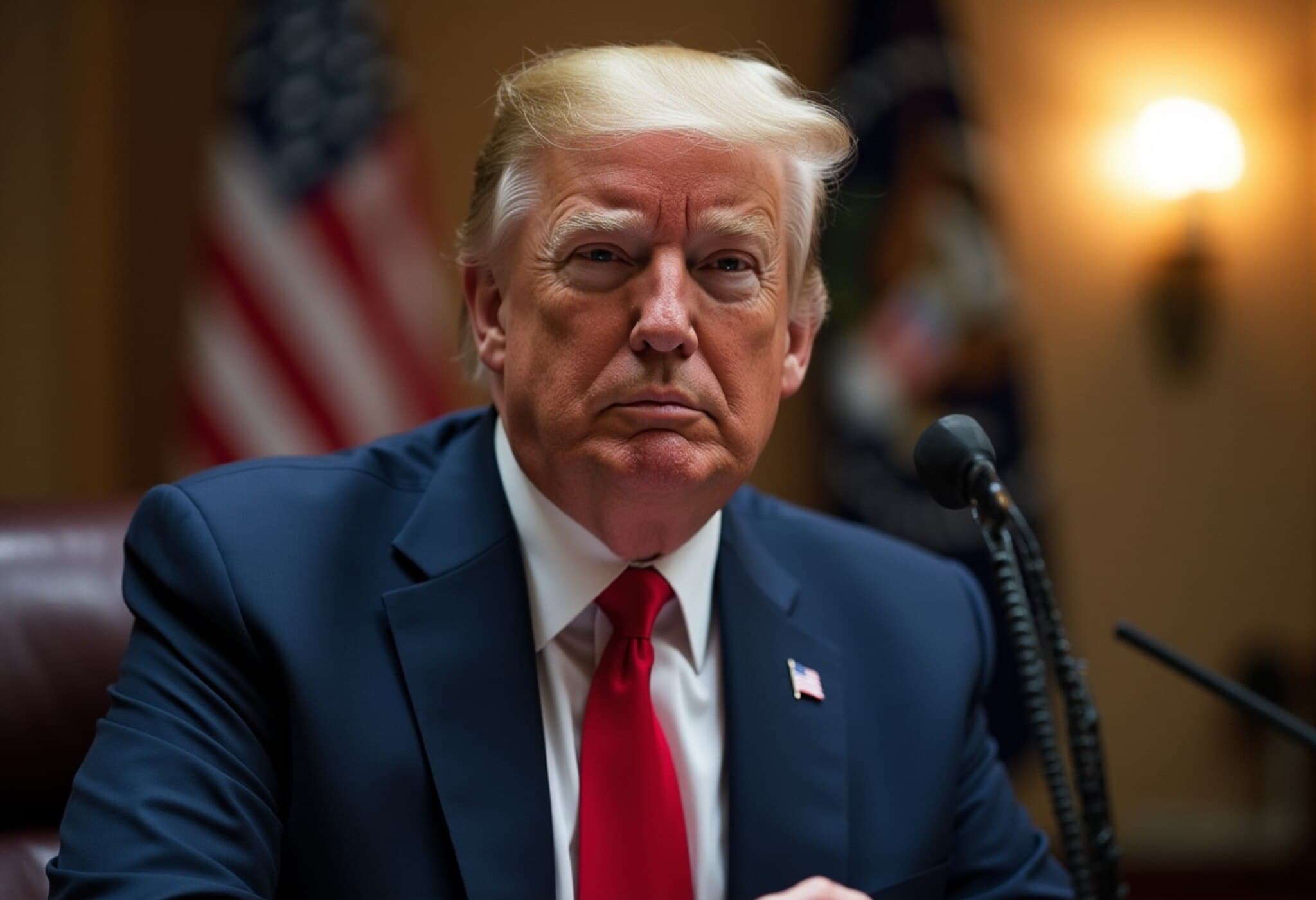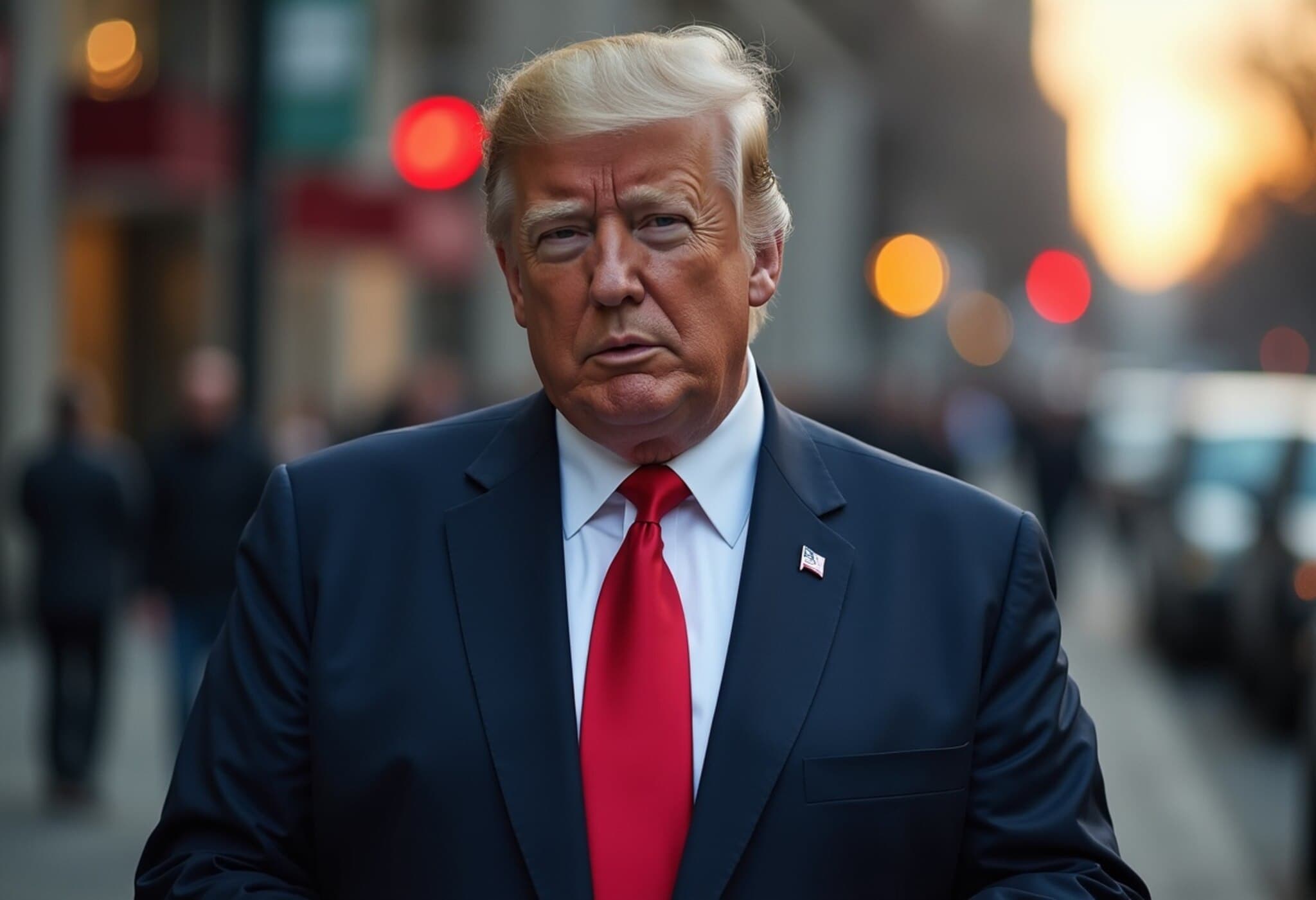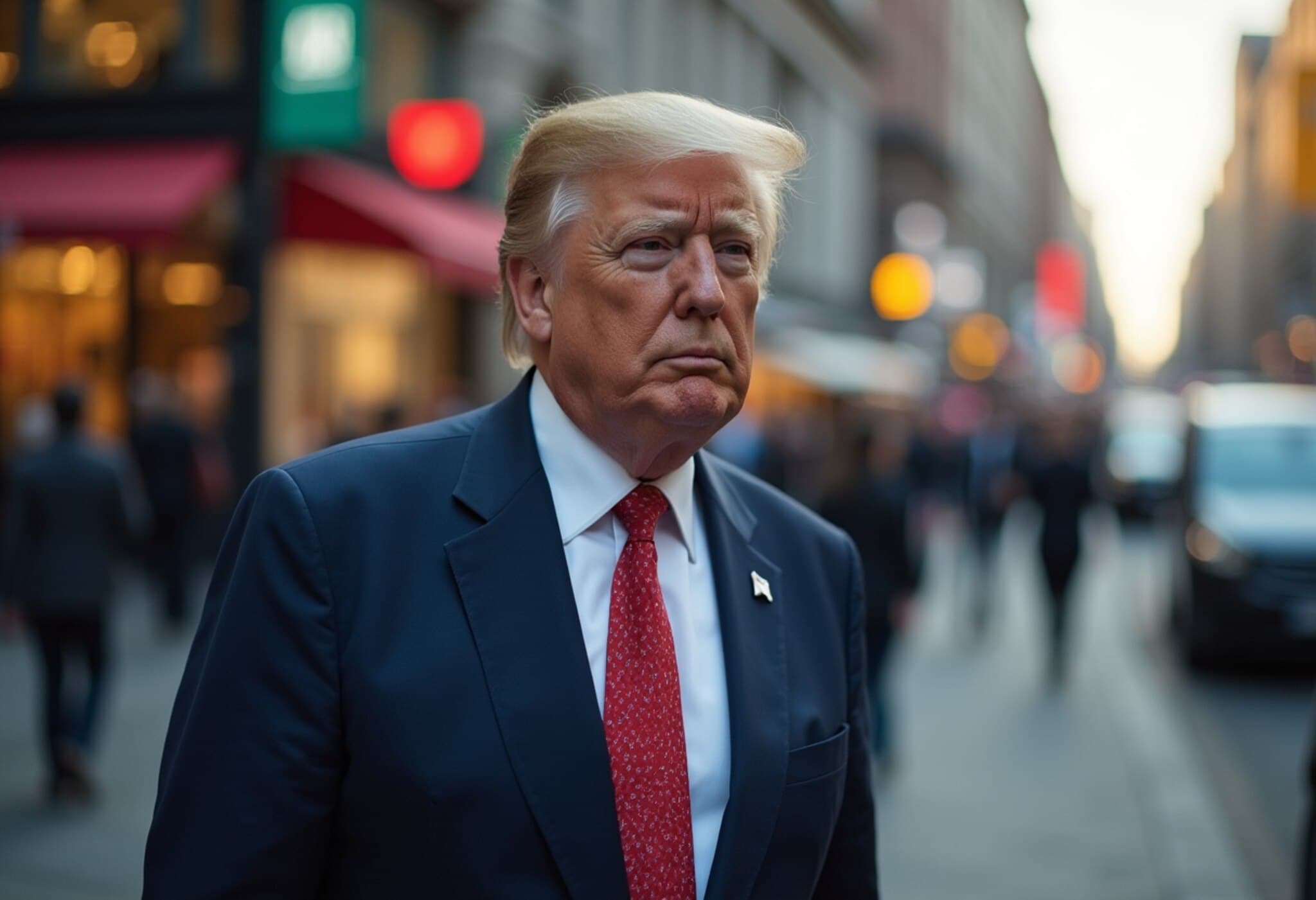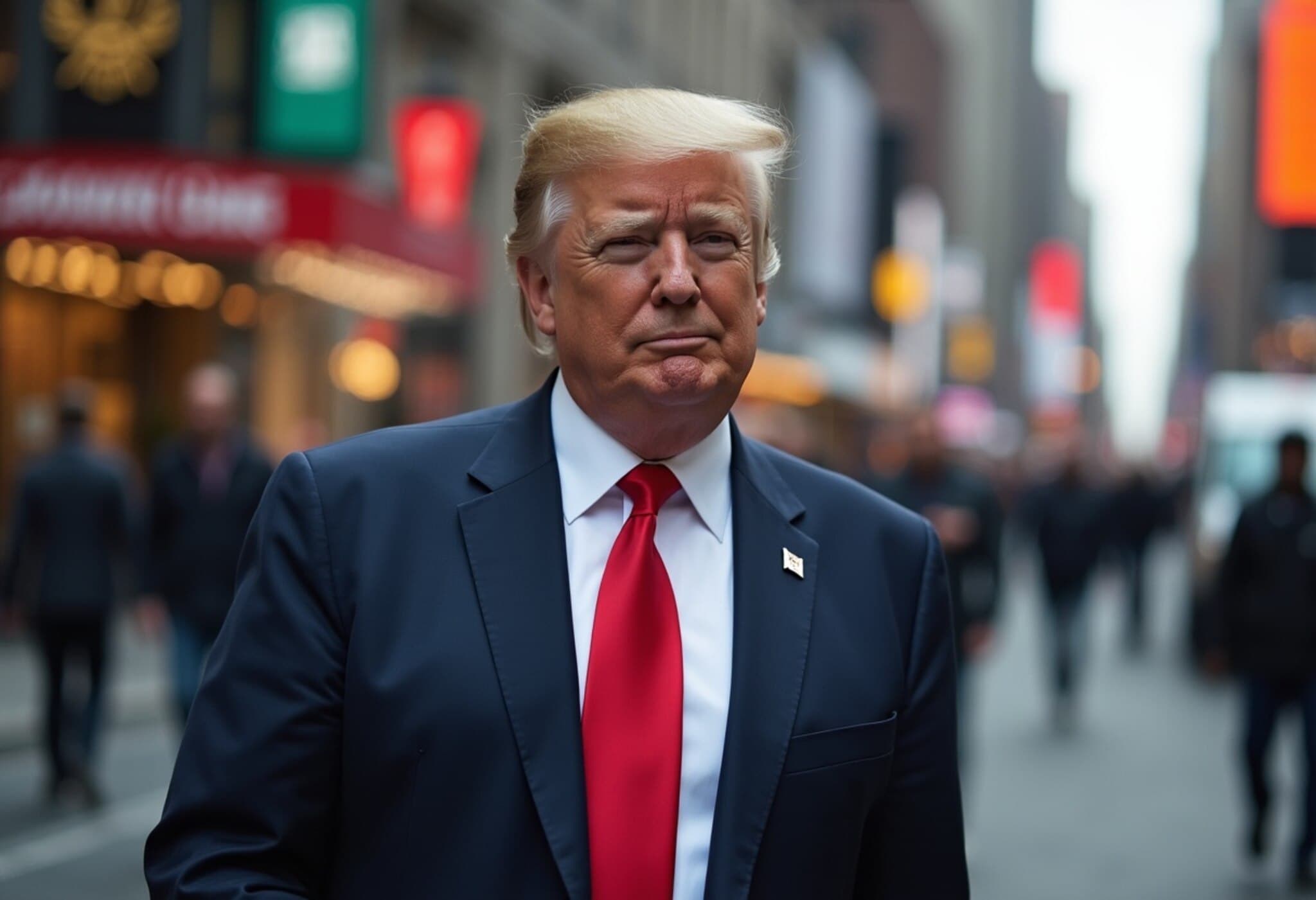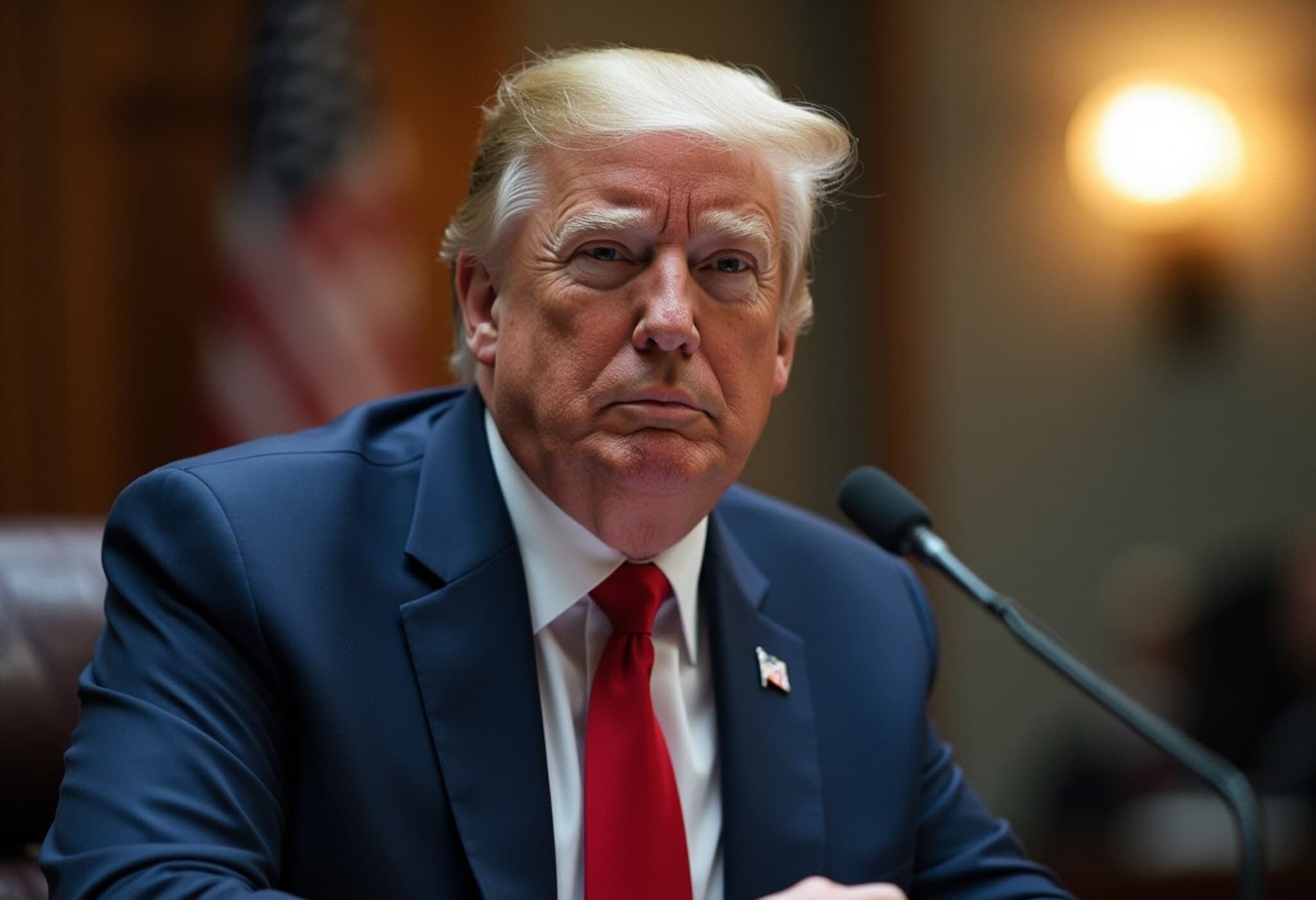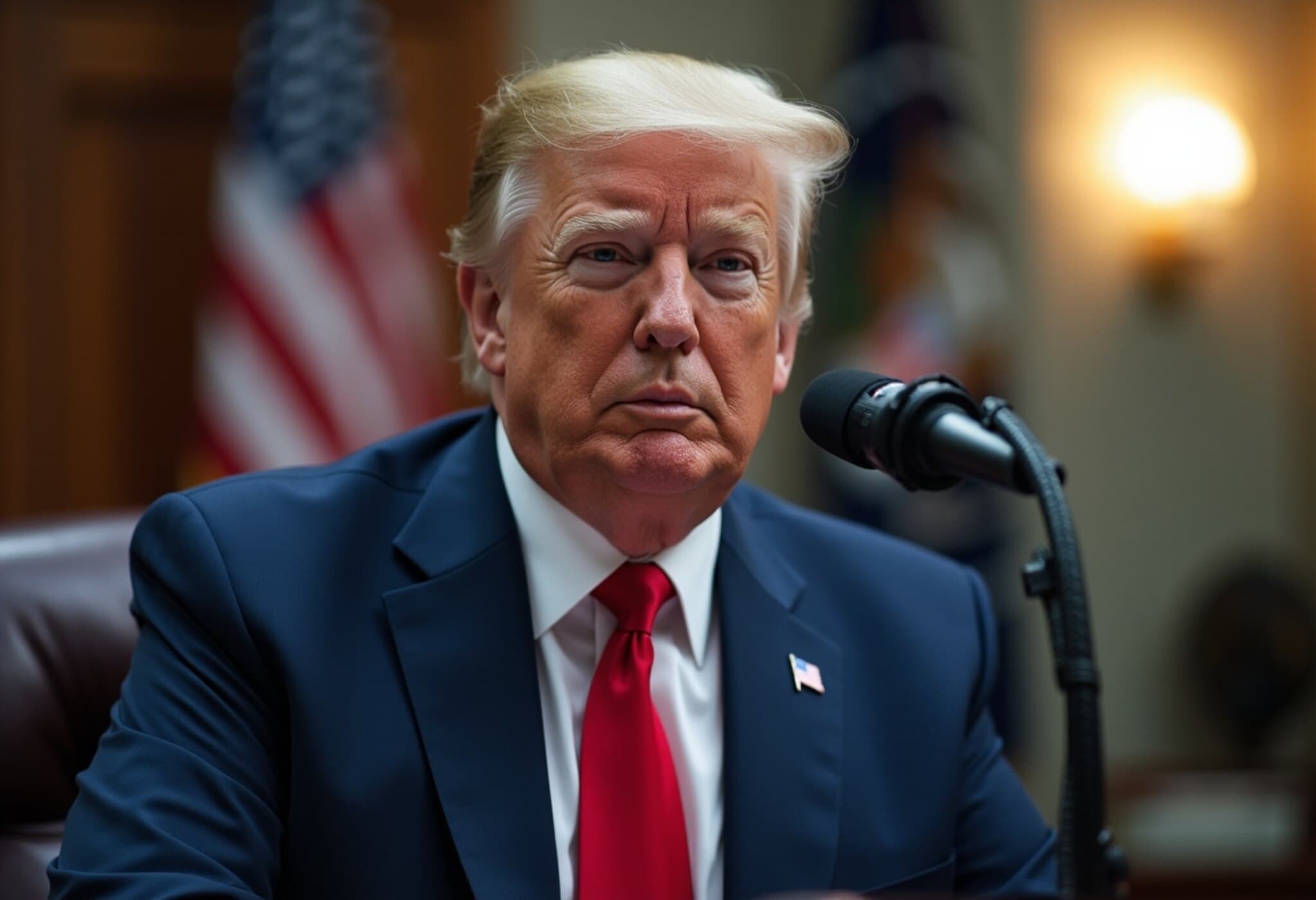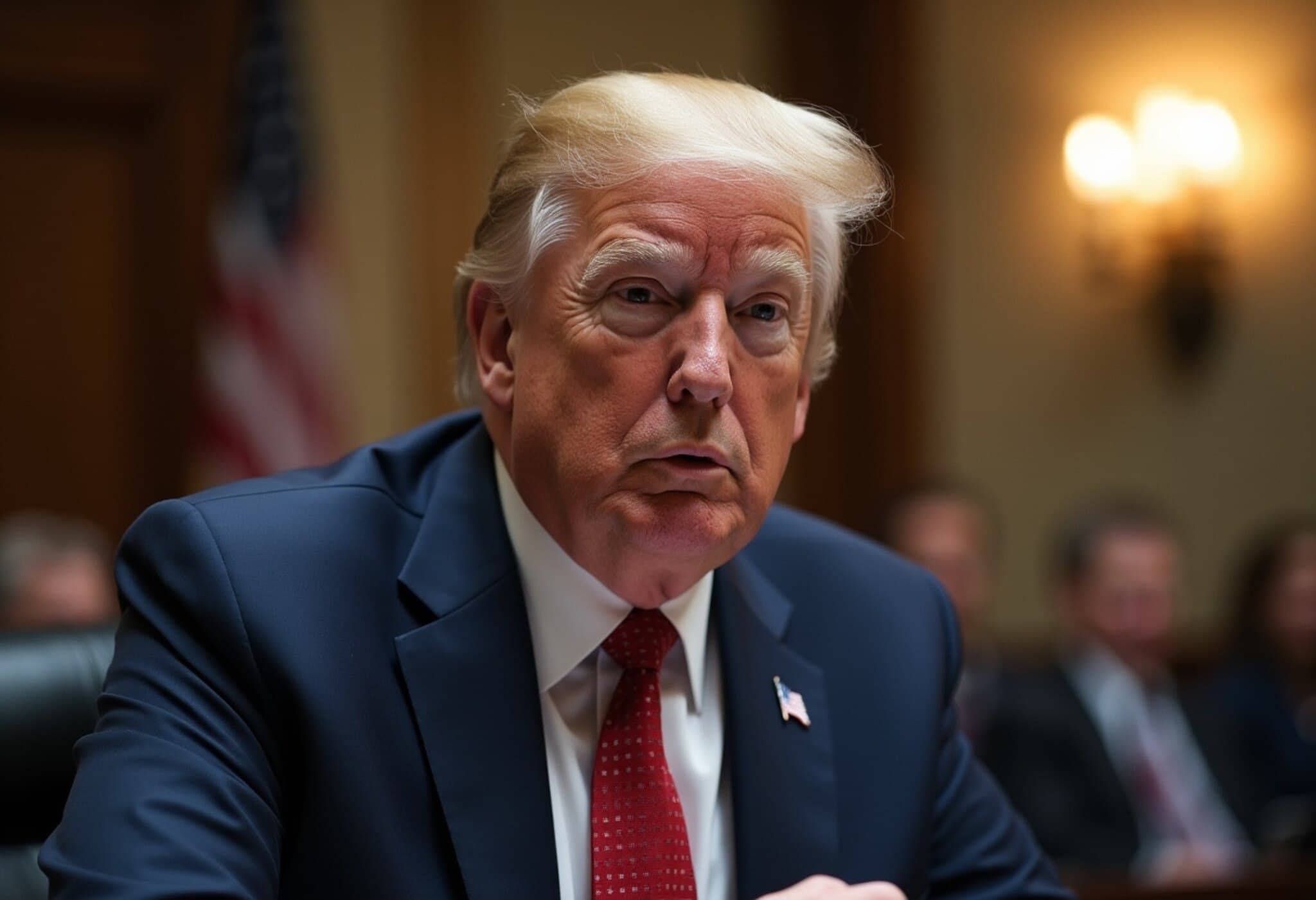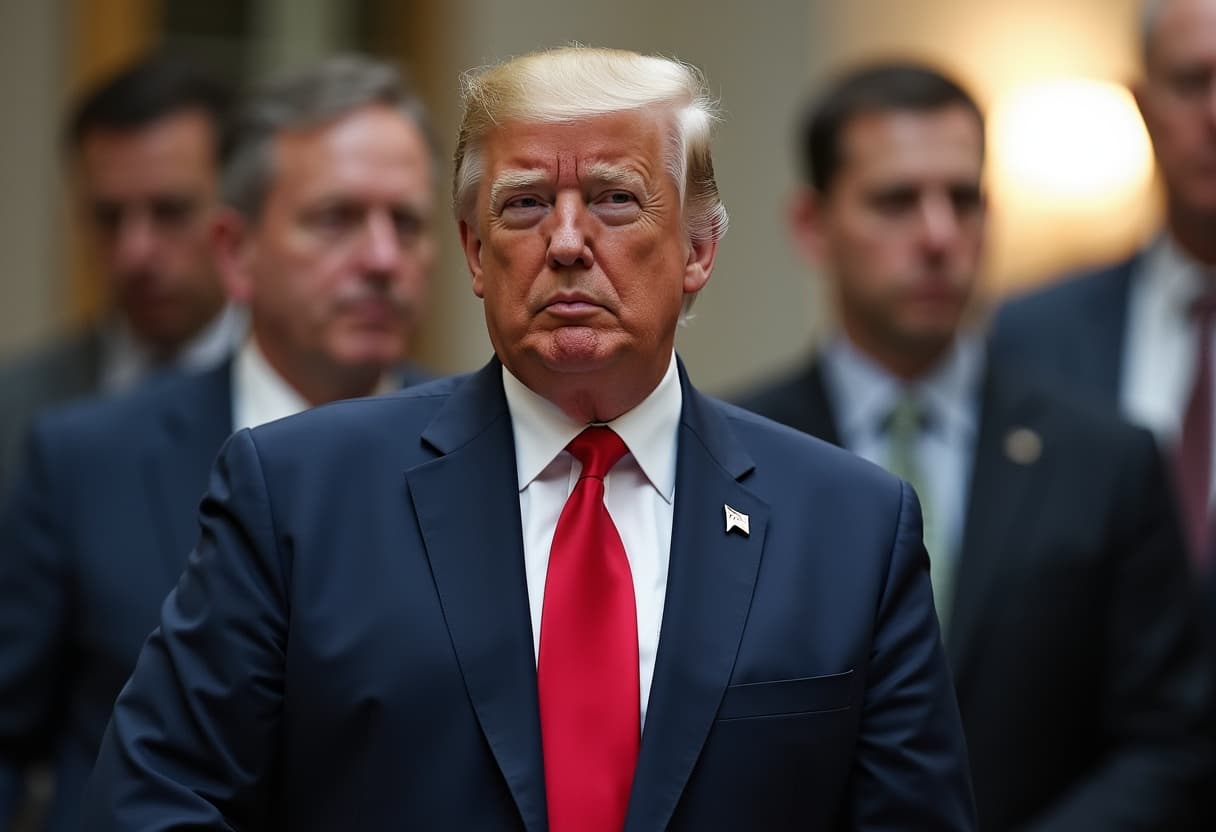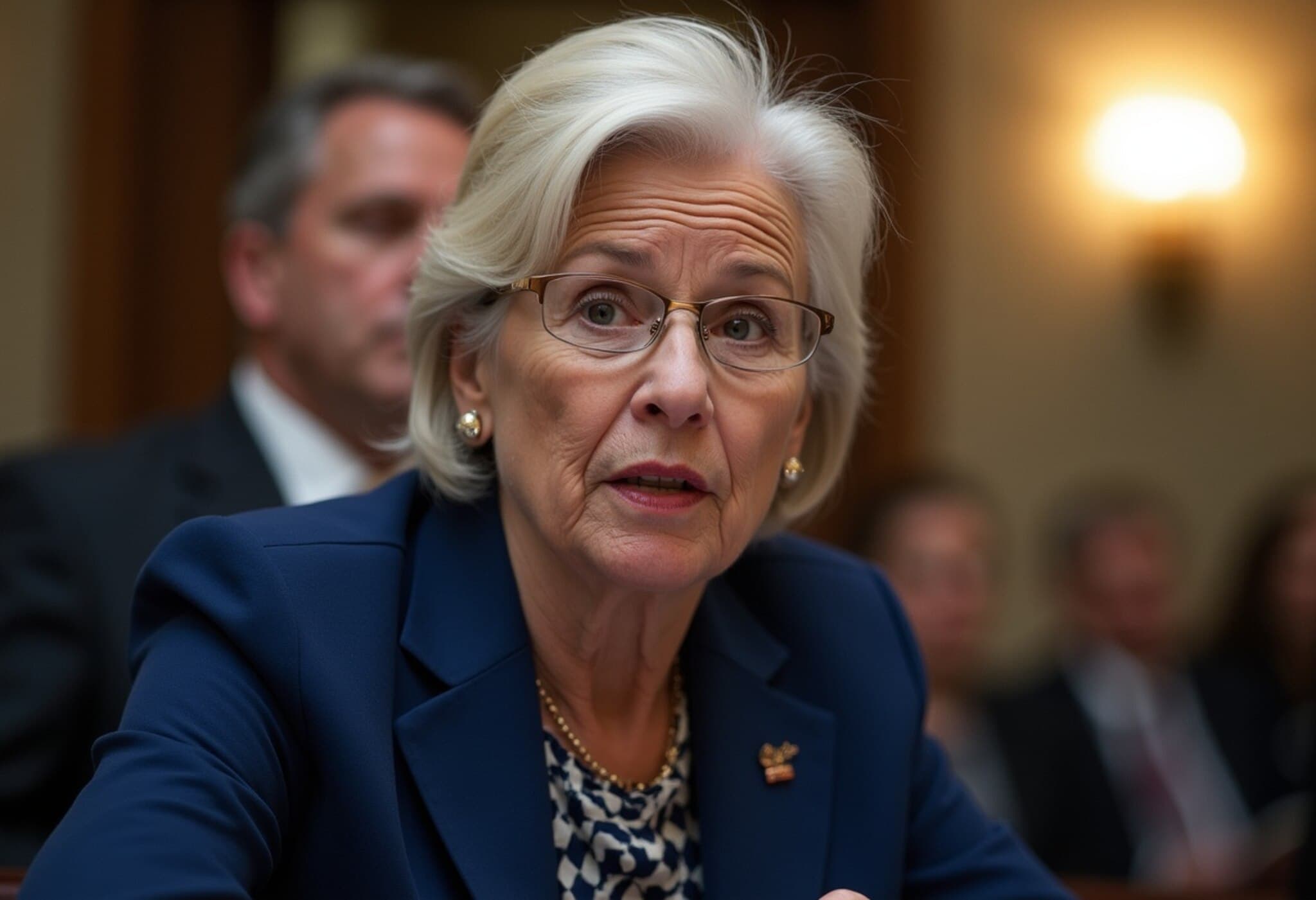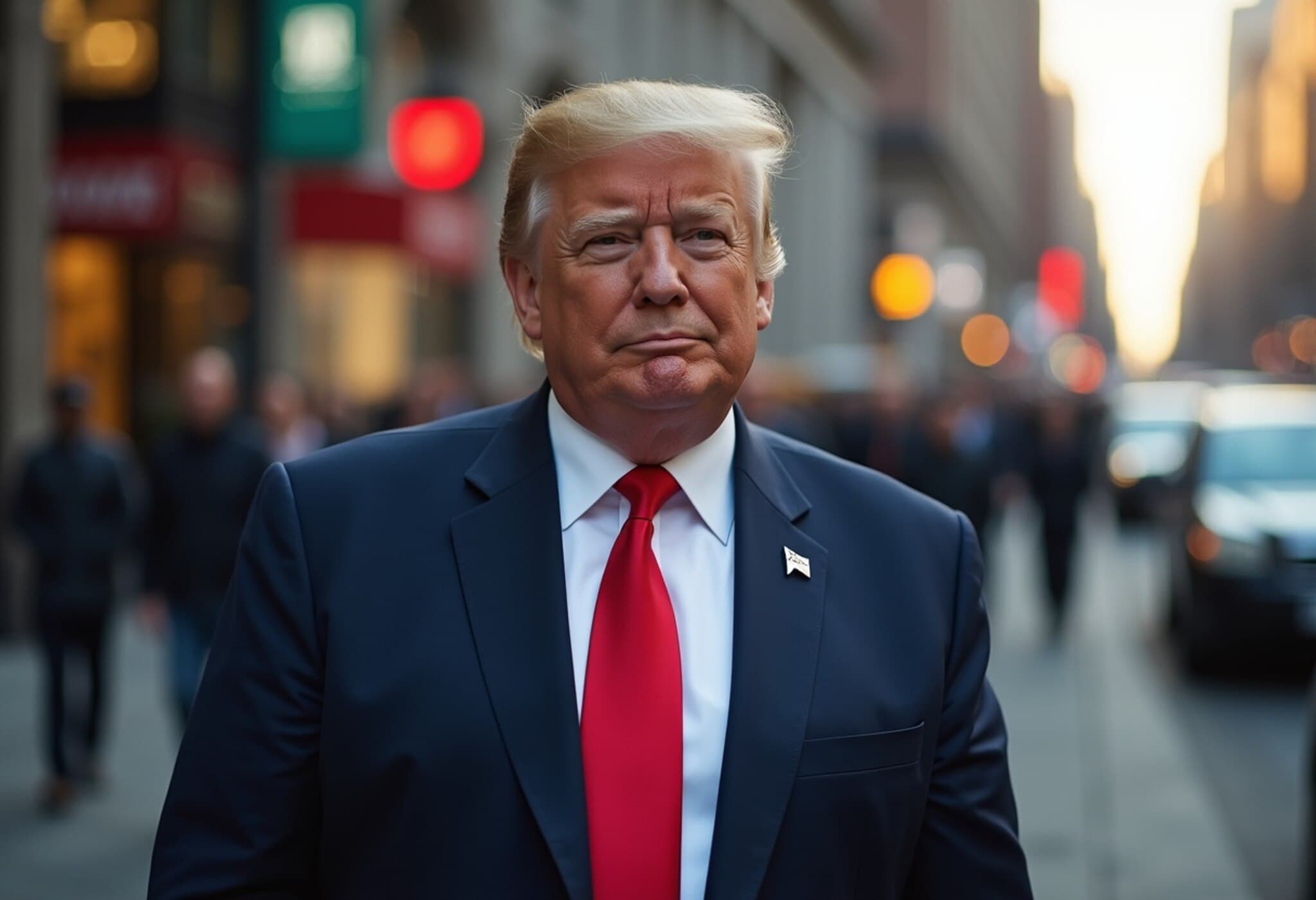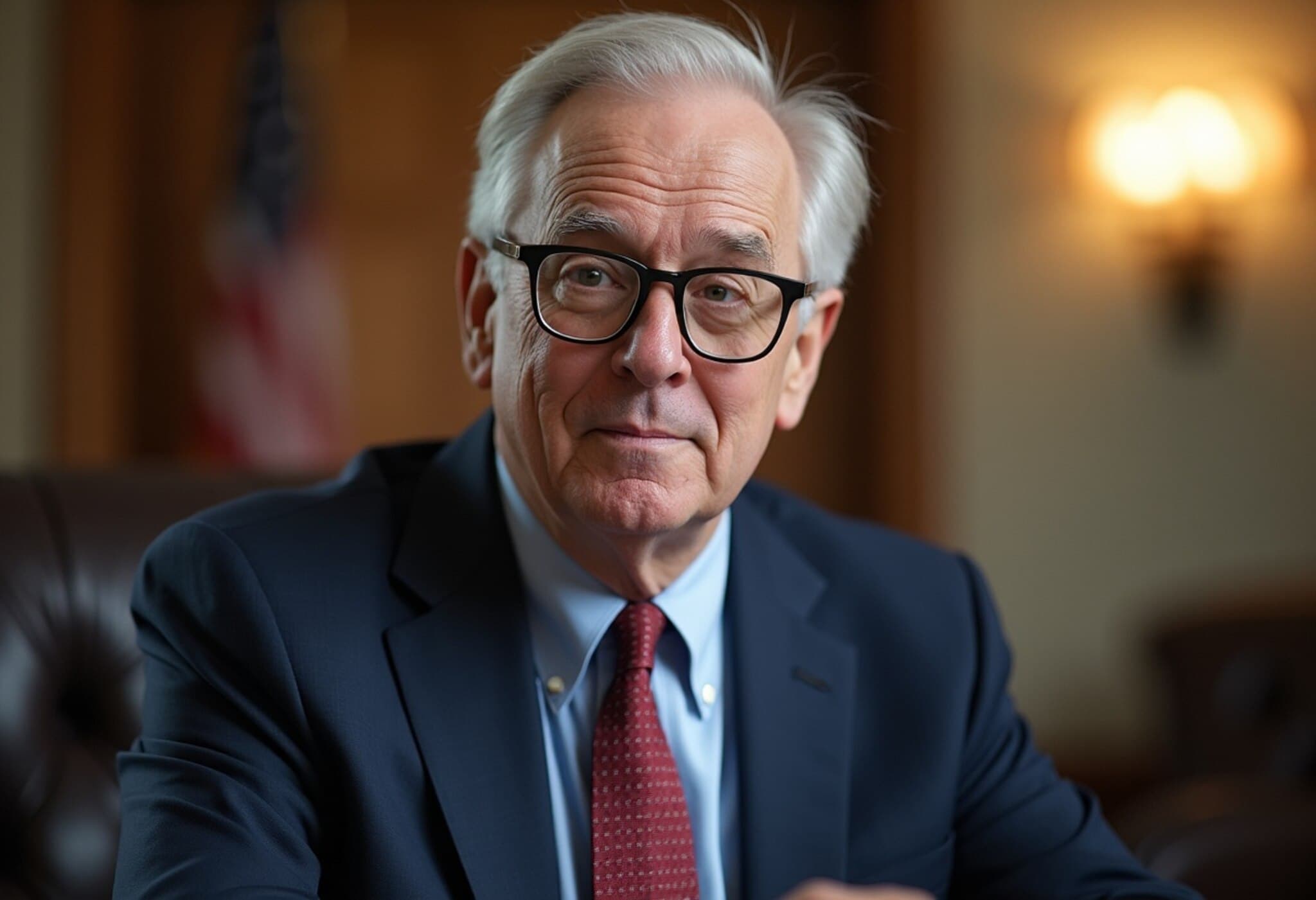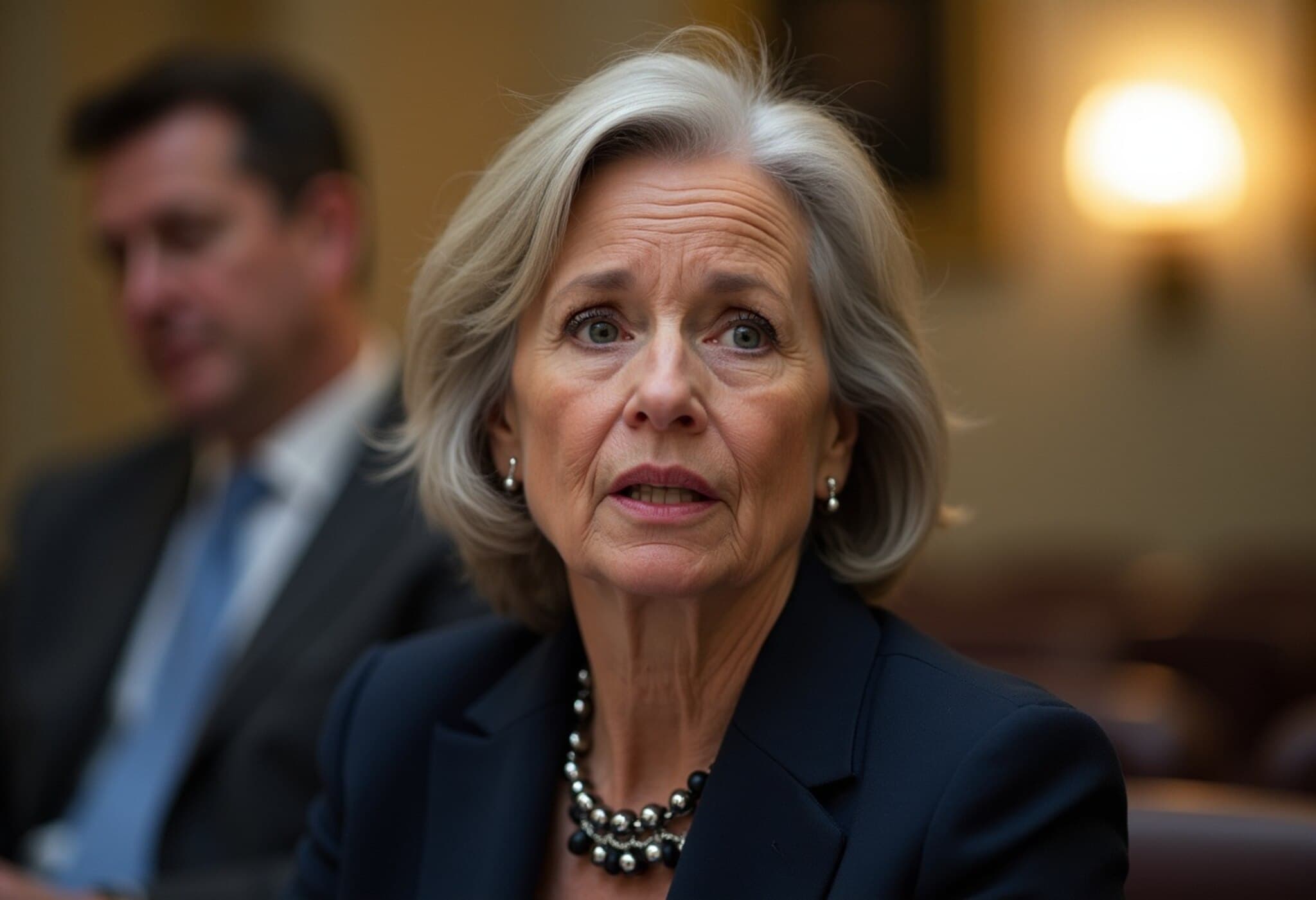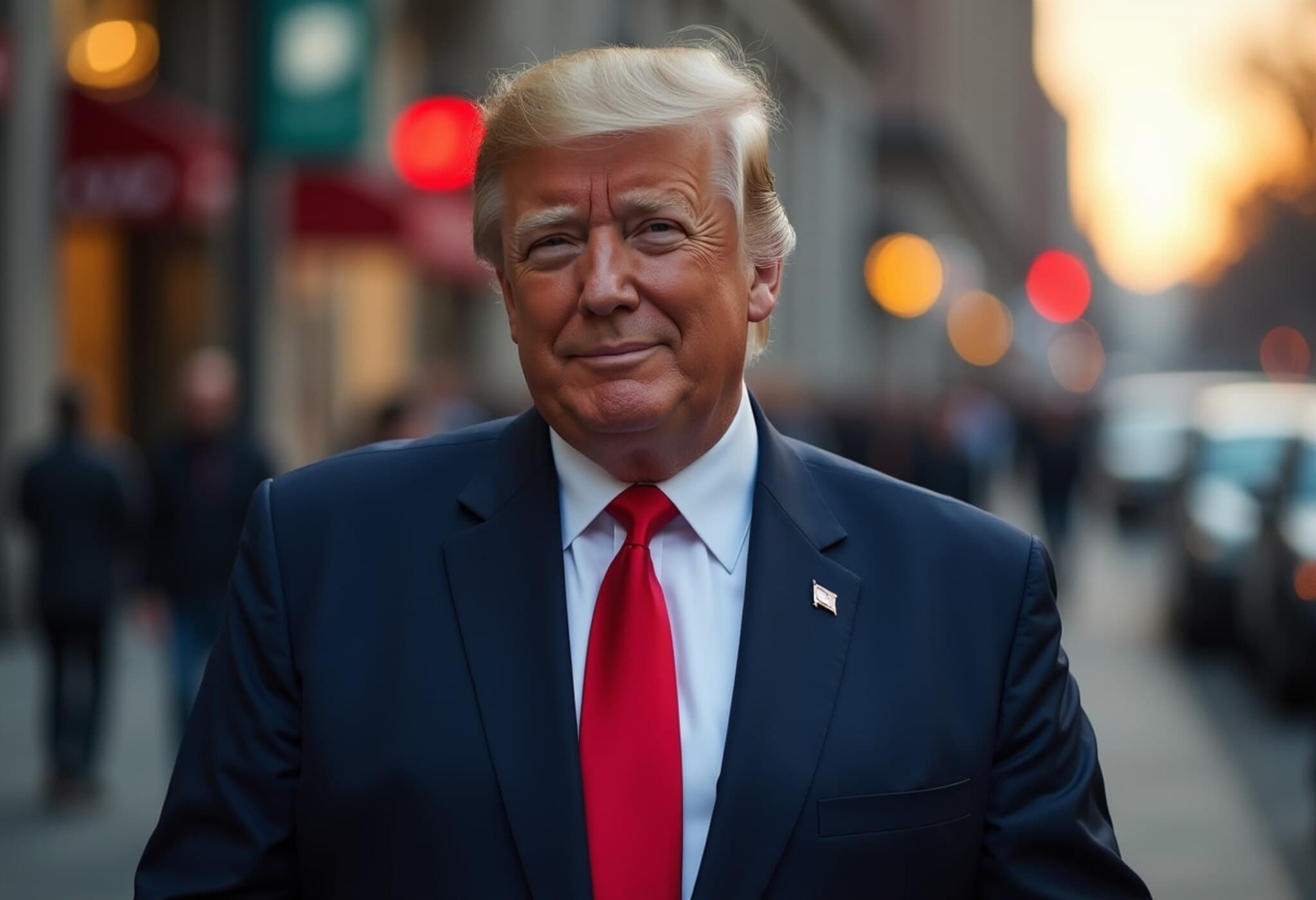Trump Affirms Commitment to Tough Economic Policies
In a candid interview with CNBC on August 5, 2025, former U.S. President Donald Trump reiterated his determination to pursue aggressive economic measures — including tariffs on semiconductors and pharmaceuticals — despite recent market jitters and uncertainty surrounding Federal Reserve leadership.
New Tariffs Set to Target Key Industries
Trump announced plans to unveil a new semiconductor tariff within the coming week, signaling a continuation of his administration's efforts to protect domestic industries amid global supply chain challenges. Moreover, he revealed intentions to impose an initial "small tariff" on pharmaceutical imports, potentially escalating to a steep 250% duty within 18 months. These moves reflect broader concerns about U.S. industrial competitiveness and national security implications tied to critical sectors.
Federal Reserve Chairmanship in Focus
Turning to monetary policy, Trump shared insights into his shortlist for replacing Federal Reserve Chair Jerome Powell, whose term ends in May 2026. Among the contenders are former Fed Governor Kevin Warsh and former National Economic Council Director Kevin Hassett — both regarded as hawkish economists aligned with Trump’s economic vision. Trump emphasized, “Both Kevins are very good,” but left open the possibility of other candidates stepping forward.
This pivot comes amid worries over a cooling U.S. economy, with data such as the recent ISM services index indicating near contraction in July, signaling possible slowdowns that future Fed leadership will need to address.
Market Reaction: A Tug of War
- Stock Indices Retreat: Following the disappointing ISM report, major U.S. stock indexes pulled back, reflecting investor caution over growth prospects.
- Semiconductor Stocks Under Pressure: AMD, a bellwether in the chip sector, reported second-quarter revenue that fell short of expectations, leading to a 6% drop in after-hours trading.
- S&P 500 Growth Questions: Despite forecasted robust earnings growth nearing double digits for the quarter, analysts from Goldman Sachs caution that even surpassing expectations may not fully buoy the S&P 500 amid geopolitical and tariff-related uncertainties.
Geopolitical Undercurrents: U.S.-Russia Tensions Resurface
In a separate and striking comment during the interview, Trump suggested that reducing energy prices could pressure Russian President Vladimir Putin to halt military aggression. He stated, “Putin will stop killing people if you get energy down another $10 a barrel. He's going to have no choice because his economy stinks.” This highlights the complex interplay between economics and geopolitics affecting global markets and diplomatic relations.
Expert Insight: Navigating an Uncertain Economic Landscape
Trump's reaffirmation of tariffs and his reference to potential Fed chair candidates underscore a critical crossroads for U.S. economic policy. On one hand, protective tariffs aim to revive domestic manufacturing and safeguard national interests amid global competition. On the other, imposing steep tariffs risks escalating trade tensions and inflating consumer costs.
Moreover, the Federal Reserve's direction post-Powell will profoundly influence inflation control, interest rates, and market confidence. Selecting a chair aligned with the administration’s economic goals could mean a continued focus on tightening policy, even as economic growth shows wobbling signals.
Investors and policymakers alike must grapple with these simultaneous pressures—sectoral tariffs, market volatility, and geopolitical risk—all of which could reshape America's economic trajectory in the coming months.
Summary | What This Means for the U.S. and Global Economy
- Tariffs on critical sectors such as semiconductors and pharmaceuticals are poised to reshape supply chains and corporate strategies.
- The selection of the next Federal Reserve Chair will play a pivotal role in steering monetary policy during an economically fragile period.
- Investor sentiment remains cautious amid mixed earnings reports and economic indicators signaling a potential slowdown.
- Geopolitical tensions, especially U.S.-Russia dynamics, add a further layer of complexity to market stability and policy decisions.
Editor's Note
Trump’s steadfast approach highlights the challenge of balancing nationalist economic policies with the realities of a deeply interconnected global economy. As tariffs evolve and Fed leadership hangs in the balance, it raises pressing questions: Can protectionist policies revive American industries without hurting consumers? How will the Fed's future tone affect inflation and growth? And how intertwined are these economic moves with global political tensions?
These threads warrant close observation as they will influence not just market performance but also the everyday economic lives of Americans. Stakeholders from policymakers to investors must stay vigilant to navigate this unfolding economic landscape.

